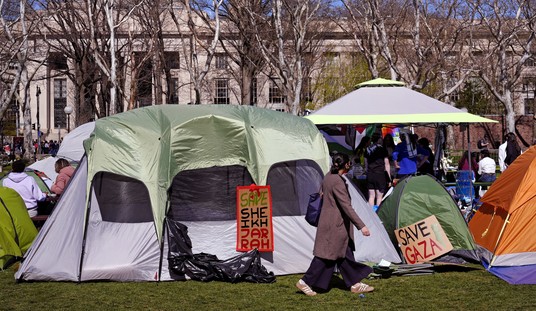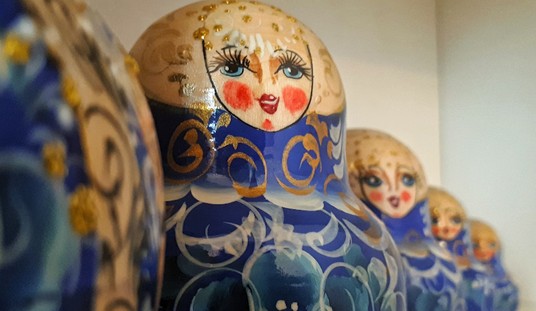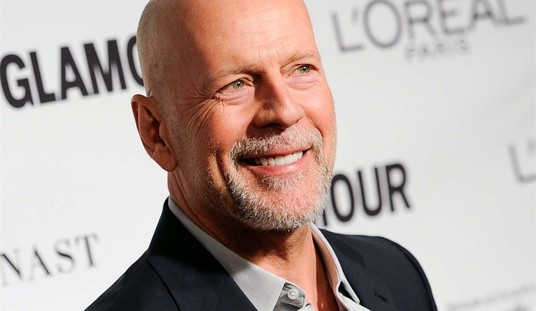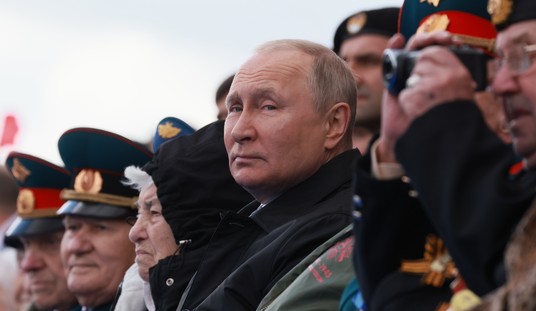On Rights
Some readers may find this interesting, as I just discussed a piece on Americans living alone and the fact that we are, essentially, social creatures. But saying we are social creatures in no way implies that we are mindless drones, only parts of some big hive mind; we are individuals, and while we naturally seek out the company of others, that in no way changes the fact that we are individuals, each with our own thoughts, ideas, abilities – and rights.
There is no such thing as group rights.
There are no such thing as gay rights, or black rights, or white rights; there is no such thing as trans rights, or straight rights, or Southern rights, or Martian rights, or pink-with-green-polka dots rights. There are only human rights, the rights of the individual – natural rights, human rights, no matter what term you use, only individual people can be said to have rights. If you start assigning different rights to distinct groups of people, you are opening a Pandora’s Box that no one should want to contemplate.
Visiting Scholar of Politics and Society for the Cato Institute and an Associate Professor of Rhetoric at York College of Pennsylvania, Erec Smith, lays it out.
There is no such thing as a panacea; few things are actual cure‐alls in themselves, especially when it pertains to social issues. However, the closest thing to a panacea for contemporary social injustice—both actual and perceived—is the concept of individualism. It is the closest foil to what is, arguably, the most dangerous aspect of critical social justice activism: race fatalism, i.e., the idea that especially minoritized groups have no locus of control and are at the mercy of their hegemonic oppressors.
Unfortunately, too many social justice activists embrace this fatalism and, both implicitly and explicitly, demonize individualism as an inherently oppressive, white supremacist concept.
Rights and Groups
You see this in social media, among the bloviators in government and the doom-crier activist class, and in news stories in the legacy media; the presumption is that people are defined not by their individual abilities, skills, talents, and choices but by arbitrary group memberships. It’s the idea that white people, black people, Asian people, and so on should think in certain ways or adhere to certain policy positions simply because of something as immutable and yet immaterial as their skin color. Smith calls this “race fatalism,” and of course, it goes much farther than race.
Race fatalism cannot exist without the idea that all people from a given race experience the world similarly (race essentialism), and that we are forever defined by our home environments (linked fate), concepts that could not be more opposed to individualism. Thus, to embrace individualism is to relinquish faith in the fundamentals of critical social justice.
Fortunately, when individualism destroys these fundamentals steeped in powerlessness, it gives birth to agency and freedom conducive to an empowered and fulfilled life.
I would point out that the idea described – race essentialism, the “idea that all people from a given race experience the world similarly” – Is actually racist.
Rights and Individuals
Examine those concepts. Agency and freedom. In other words, we alone, as people, are responsible for our own successes and failures. Government cannot and should not interfere with that. It must not be the role of government to pick winners and losers, nor should it be the role of government to shield individual citizens from the consequences of their own decisions.
It’s not a complicated idea. Government has, after all, only two legitimate purposes: to keep others from hurting us or taking our stuff. The protection of liberty and property are the only roles government should be allowed, and what government at any level does for anyone, it must do for everyone, or it must do for no one.
But social-justice apparatchiks don’t see it that way.
This is where social-justice activists and politicians go wrong. They tend to identify people as group members, not as individuals, and I’m cynical enough to think that it’s because it’s easier to divide us against each other that way.
Sadly, the concept of individualism is almost anathema in critical social justice circles, in which group identity is favored and individualism is considered an oppressive concept. Race essentialism, which implies concepts like linked fate and group consciousness, is a foundational concept in critical social justice that is diametrically opposed to individualism.
Individualism is not only the best thing for curing the ills of social injustice; it is also, by nature, the downfall of critical social justice ideology. For this reason, maybe “panacea’s” more colloquial synonym, “magic bullet” would be more apropos.
Rights are a restriction on the actions of government; natural rights are rights needed for individuals to pursue “life, liberty, and the pursuit of happiness” (emphasis added by me, as we have the right to pursue our own happiness, not the right to have it guaranteed to us at others’ expense), without interference from government or other individuals. Our own Constitution and the Bill of Rights embody this; the rights described therein are identifying matters with which the government or other persons may not interfere, like freedom of speech, freedom of conscience, our right to bear arms, our right to be free of unreasonable search and seizure.
And if you read carefully, you’ll note that these can only be said to apply to the individual. Every individual. In exactly the same way. No one and no group should be favored; no one should be disallowed.
Rights belong to the individual. And these rights are not dependent on any action by government. They are ours.














